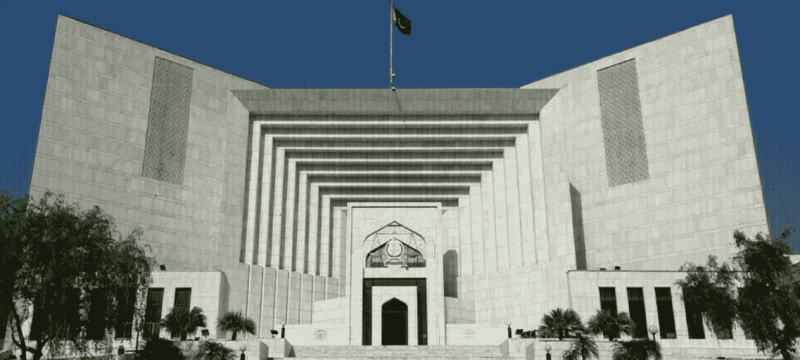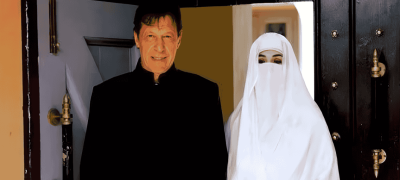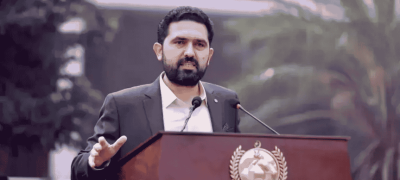The Supreme Court resumed the Super Tax case hearing on Monday, where companies have challenged the government’s decision to impose additional taxes on high-income businesses. A five-member Constitutional Bench, headed by Justice Aminuddin Khan, heard arguments from senior legal counsels representing the petitioners.
During the proceedings, lawyer Imtiaz Rashid Siddiqui questioned the legality of the super tax. He argued that the Constitution provides relief to taxpayers and cited Lahore High Court rulings that had previously favored businesses in similar disputes. He stressed that the retrospective application of the levy from July 2022 was unjust and forced taxpayers to pay twice for the same year.
Justice Muhammad Ali Mazhar noted that several similar petitions had also been filed in the Islamabad High Court from across the provinces, showing the widespread opposition to the tax.
Counsel Shahzad Atta Elahi highlighted how the scope of the super tax was expanded in 2022. Initially, it applied only to banks, but by June 24 of that year, the government had extended it to 13 more industries. He said that companies earning more than Rs300 million annually were subjected to an additional 10 percent levy.
Elahi also raised doubts about the Federal Board of Revenue’s (FBR) data, noting that only 20 percent of company records were available, while industry associations held much larger datasets. He argued that many firms voluntarily publish financial information, yet the government’s records remained incomplete.
Justice Jamal Khan Mandokhail, during the Super Tax case hearing, remarked on the inconsistency in the tax policy rollout, expressing regret over how it was handled.
The bench adjourned the proceedings until Tuesday morning, with Elahi expected to continue his arguments. The outcome of this Super Tax case hearing will be closely watched by industries and investors.
In other news read more about: Farmers Earning Above Rs. 6lac to Bear Super Tax Under Sindh’s Proposed Agricultural Income Law







